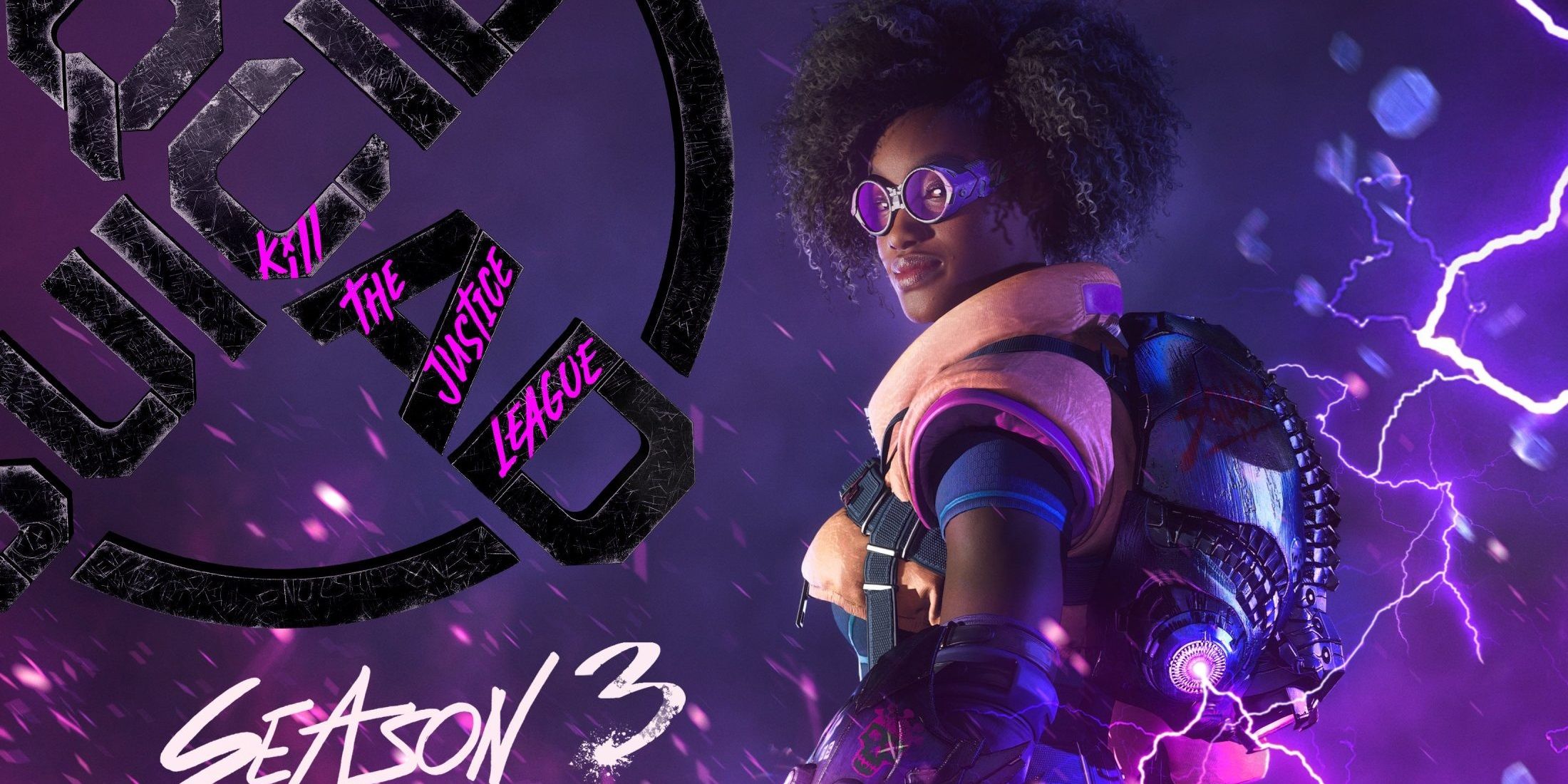[[{“value”:”
Suicide Squad: Kill the Justice League has been on a downward spiral since before it even launched, and the game’s fortunes are unlikely to improve. Rocksteady’s latest attempt to revitalize a sinking ship, Suicide Squad: Kill the Justice League‘s Season 3, has only further proven that this title should’ve been retooled long ago.
Diminishing returns have been the name of the game with Suicide Squad‘s updates. Rocksteady’s live service experiment was a sales disappointment before Season 1 even launched, and fortunes have scarcely improved. Season 1 did at least foment some discourse in the form of a largely negative reaction to the new Joker—a variant of the character from another universe, one that had the unfair task of filling Mark Hamill’s Arkham shoes. Season 2 sparked some outrage, but much of the fandom’s wrath was replaced by apathy.
Thunderbolts* Can Still Avoid Becoming The MCU’s Suicide Squad
Despite obvious comparisons to DC’s Suicide Squad, the upcoming Thunderbolts* movie can find its unique voice and become a key MCU milestone.
Season 3 has been the zenith of this trend towards an indifferent fanbase, with this update seeing an even lower level of retention. According to SteamDB, Season 3 of Suicide Squad coincided with only 248 concurrent players at its launch. Though Steam numbers scarcely tell the whole story, they’re still an indication that fans are as uninterested as they’ve ever been.
Suicide Squad’s New Characters Are Both Left-Field And Mundane
Suicide Squad clearly wants to use its multiverse concept to take its roster in unexpected directions, but every new character added only feels derivative. This was especially present with the Joker, who just felt like a downgrade from the one that previously lived in the Arkhamverse.
Kill the Justice League‘s second-season character, Victoria Fries, was another example. This gender swap didn’t do much to deviate from the original Victor Fries, leading many to voice how they would’ve preferred Nora Fries in the role of Mrs. Freeze. Other fans would’ve rather had a unique ice-themed character like Killer Frost or Captain Cold take Victoria’s place. Either way, the conclusion is clear: Rocksteady is doing different things with new characters, but not in a way that feels fresh or that draws on the rich DC canon.
Season 3’s character is Zoe Lawton—Deadshot’s daughter and vigilante operating under the alias Lawless. Lawless is a character from DC Comics, one that happens to have been a Suicide Squad member, but is only now being portrayed by Lawton. Combining this with a new backstory and antigravity tech, this Lawless is practically an original character.
This has worked out before, with the Arkham Knight being a very similar case, but the use of her as a playable character makes this concept sketchier. Since fans have no attachment to the character, including her over some other iconic rogue is a gamble Suicide Squad is in no position to take. Moreover, even with her own moveset, she inevitably feels derivative of Deadshot; Rocksteady may be taking risks, but not in a way that branches out into new territory.
Suicide Squad’s Live-Service, Seasonal Model Has Been A Dead End
Suicide Squad has quickly joined the camp of Redfalland Marvel’s Avengers, all similar games with similarly shoehorned live-service elements. The seasonal aspect of Kill the Justice League has only served to allow fans to track the decline in real time, with each season drawing less and less attention.
The human cost of this model being improperly grafted onto Suicide Squad, bringing in a bloat of microtransactions and grinding for seasonal rewards, has not been light. The game’s failure has led to a wave of layoffs at Rocksteady, a major problem that echoes throughout the industry. Indeed, the gaming industry has pursued the mirage of live-service fortune in much the same way as Sisyphus pursues his boulder.
“}]] Suicide Squad: Kill the Justice League continues to dig its own grave deeper, and Rocksteady’s latest content update isn’t helping. Read More

